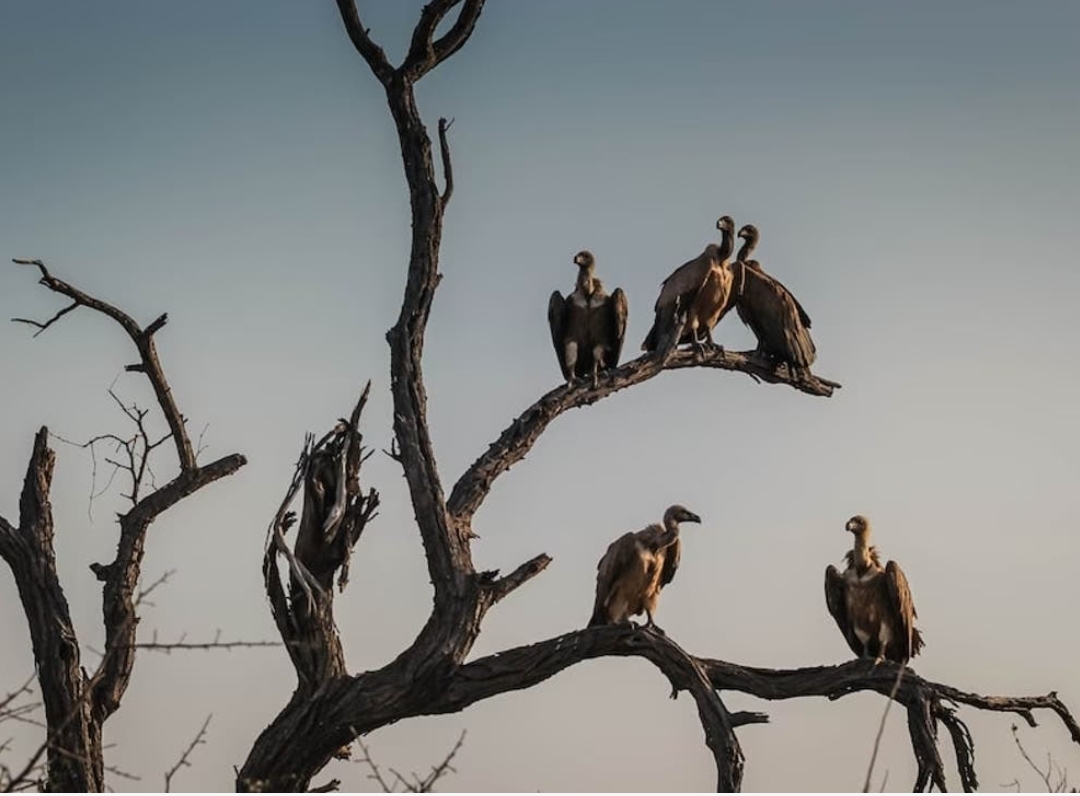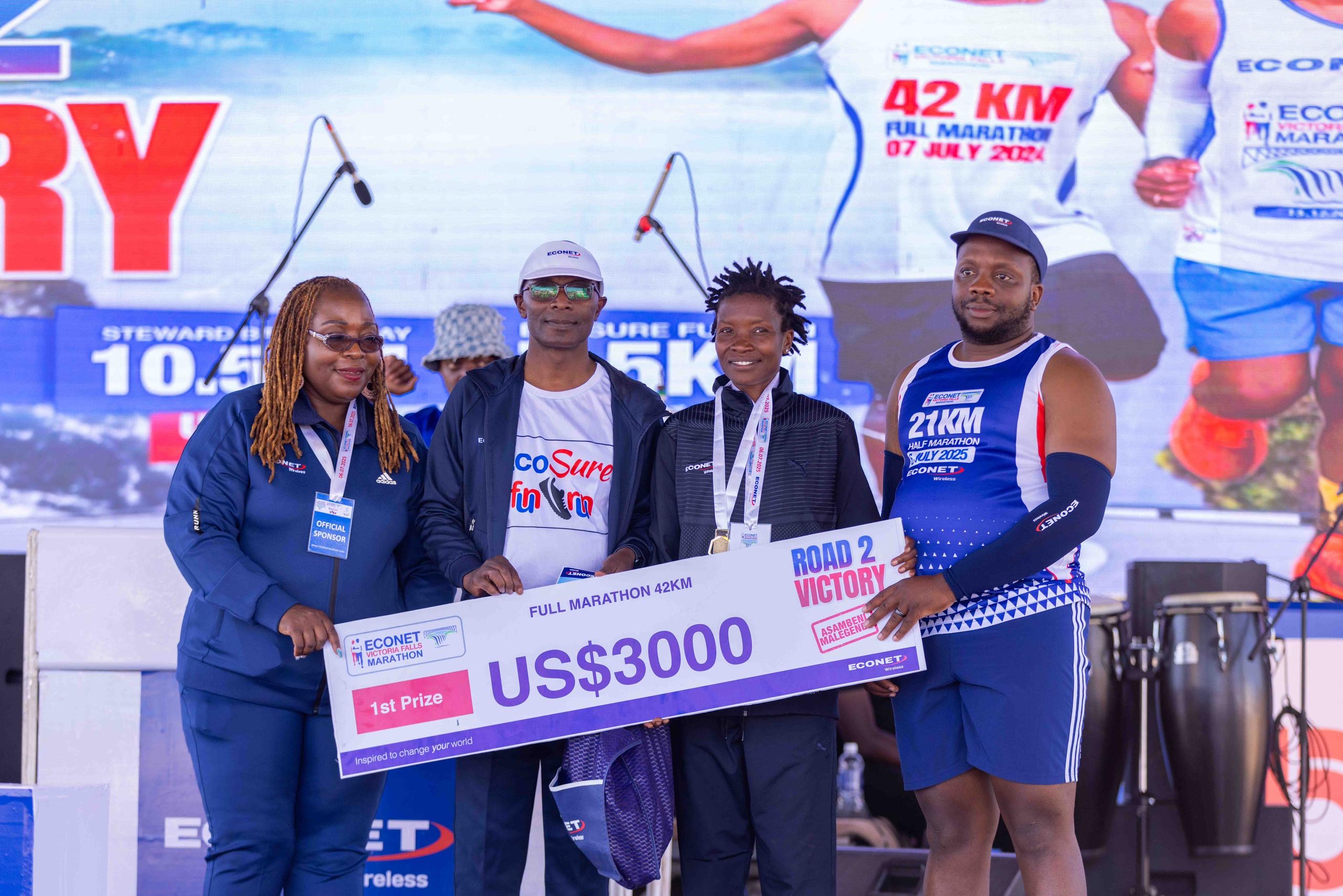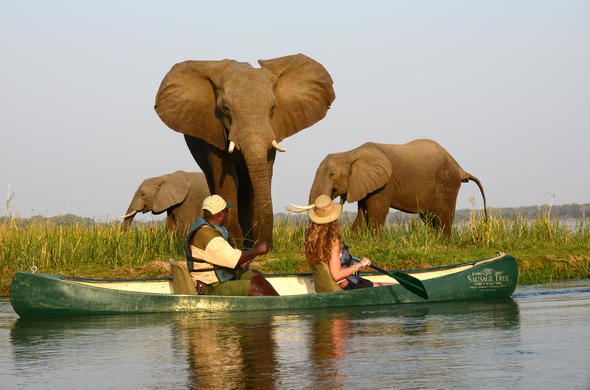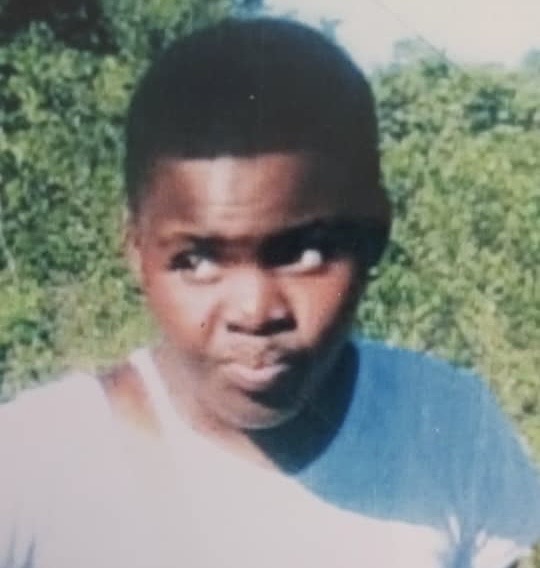Slider
Can GPS tracking reduce cases of vulture poisoning in Zimbabwe?

National
Chidzivo, Waison take top honors at Vic Falls Marathon
Slider
Zimparks launches elephant culling program
In the community
Hwange police seek public’s help in locating missing teen
-

 Slider3 years ago
Slider3 years agoInnscor launches brewery to produce Nyathi beer
-

 National4 years ago
National4 years agoIn perched rural Matabeleland North, renewable energy is vital
-

 Opinion3 years ago
Opinion3 years agoA street art mural in Zimbabwe exposes a divided society
-

 Tourism and Environment4 years ago
Tourism and Environment4 years agoStrive Masiyiwa’s daughter opens luxury Victoria Falls lodge
-

 National2 years ago
National2 years agoCommission of inquiry findings fail to be tabled as Victoria Falls councillors fight
-

 National3 years ago
National3 years agoVictoria Falls’ pilot dies in helicopter crash
-

 National2 years ago
National2 years agoHwange coal miner fires workers over salary dispute
-

 National4 years ago
National4 years agoVictoria Falls bartender gored to death by elephant




